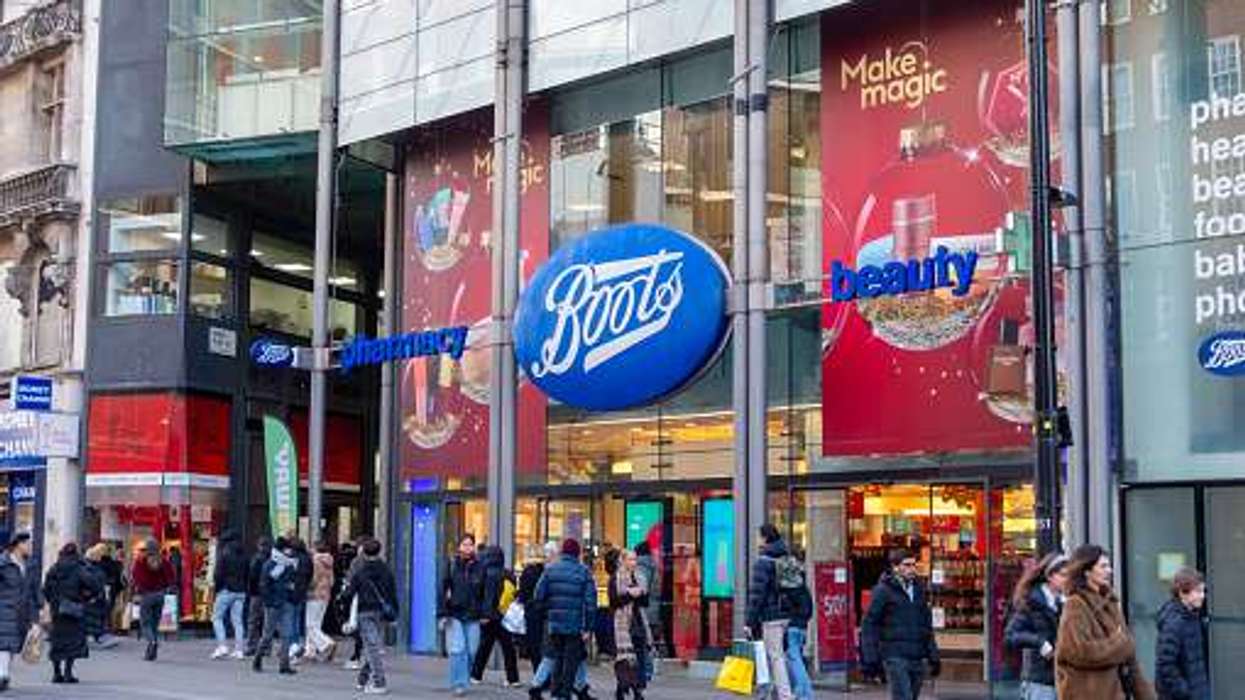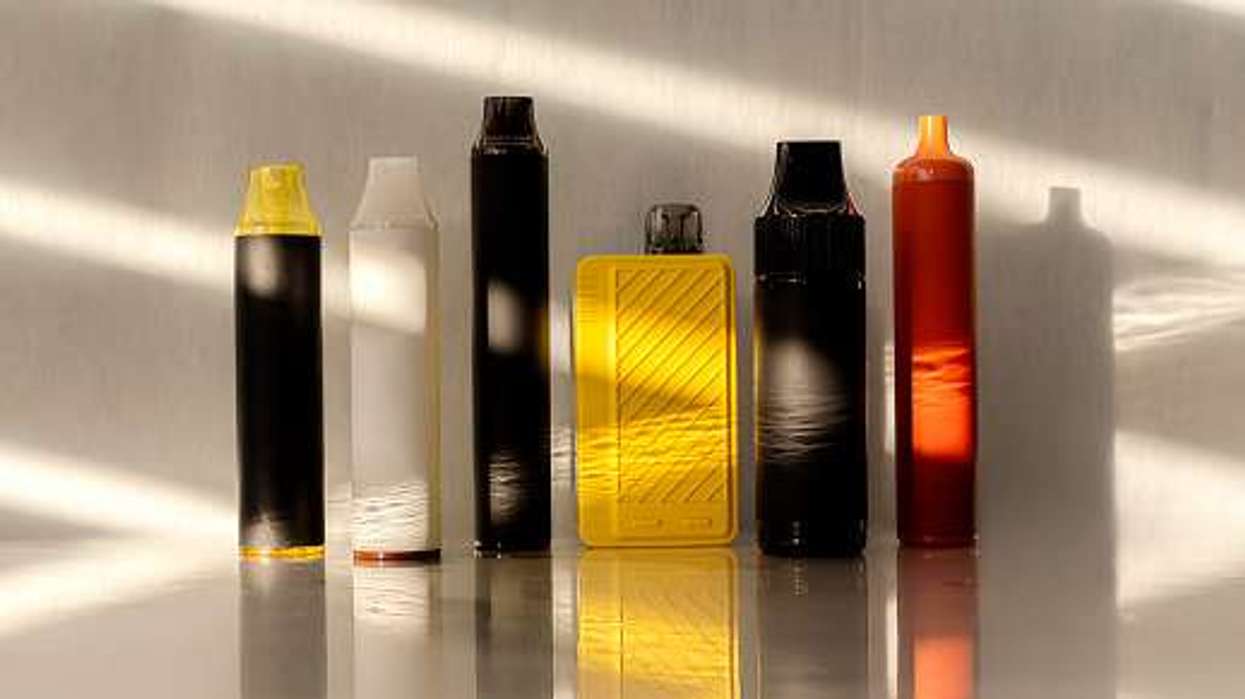Department of Health and Social Care (DHSC) has increased the rate of discount deduction for generics from 17.52 per cent to 20 per cent.
The Drug Tariff for April 2023 will contain changes to the discount deduction arrangements for pharmacy contractors, which will include- all concession lines to be considered as Group Items for Discount Not Deducted i.e. DND or zero discount (ZD) items; and rate of discount deduction for generics to increase from 17.52% to 20%
The Pharmaceutical Services Negotiating Committee (PSNC) and DHSC agreed on the changes for all concession lines to be considered as Group Items for Discount Not Deducted. Therefore from 1 April 2023, a new category will be introduced into Part II of the Drug Tariff ‘Drugs for which discount is not deducted’.
However, the committee had rejected the changes in the rate of discount deduction for generics. It said, “Following pressure from NHS England, Ministers have now chosen to impose changes to the previously agreed discount deduction arrangements, which come into effect from 1 April, and will be kept under review.”
Regarding the increase to the generic discount deduction rate, PSNC’s Director of Pharmacy Funding, Mike Dent said: “The arrangements which were announced in August 2022 were the result of a long and meticulous negotiation between PSNC and DHSC. The new system was designed to deliver a fairer distribution of margin across the community pharmacy sector, and to take into account the impacts of dispensing mix on pharmacy contractors. Dispensing mix varies significantly amongst contractors, and by design the new system would help smooth the impact of these variations amongst contractors, and over time.
During the design of the new system it was expected that there may be some variation in the quantum of overall discount deduction, due to the unpredictable nature of NHS prescribing policies. The overall amount of discount deduction could never be landed exactly on a pinhead, but the ongoing margin survey conducted by PSNC and DHSC, which measures retained buying margin at the pharmacy level, would ensure that the impacts of any variation were fully accounted for.
In practice we have seen that discount deduction has varied slightly from anticipated levels, and this has resulted in a short-term impact on central NHS cashflow, to which the NHS has reacted.
The increase in generic discount deduction from 17.52% to 20% is a knee jerk reaction to a system working as designed. The changes have been imposed based on a very limited period of analysis, and once again pharmacy contractors will now be forced to bear the impacts of short term policy making by central NHS and Government.
PSNC has been informed that while the generic discount rate will increase, the transition from old system to new system will continue as per the previously outlined timeline but subject to review. The impacts on discount deduction will be assessed again in a quarter’s time, which of course adds to contractors’ uncertainty.”
The National Pharmacy Association (NPA) has also reacted angrily to the announcement about an imposed change to funding arrangements that the association believes will lead to further cash-flow problems for England’s beleaguered community pharmacies.
NPA chair, Andrew Lane, said: “It would appear that money is being siphoned away from pharmacies in order to tidy NHS England’s spreadsheets. But in the real world there are real businesses, real bills, real bank accounts and real patients impacted by this untimely development.
“For some pharmacies, this could be the straw that breaks their back.
“NHS England is imposing this change with precious little warning and apparently no regard for the impact on pharmacies, for whom this is a painful new blow.”











